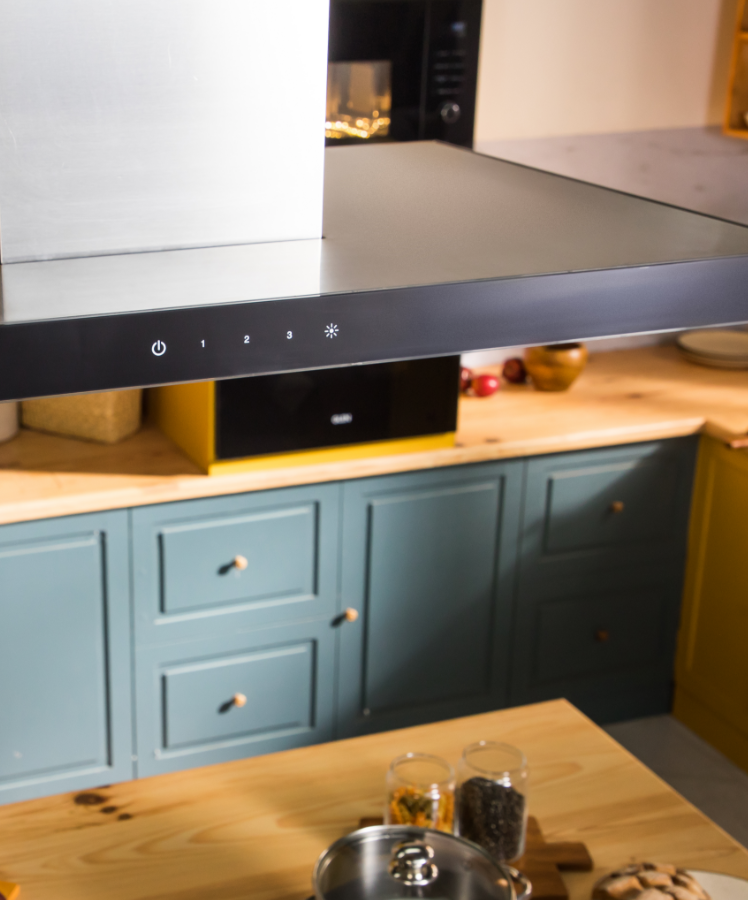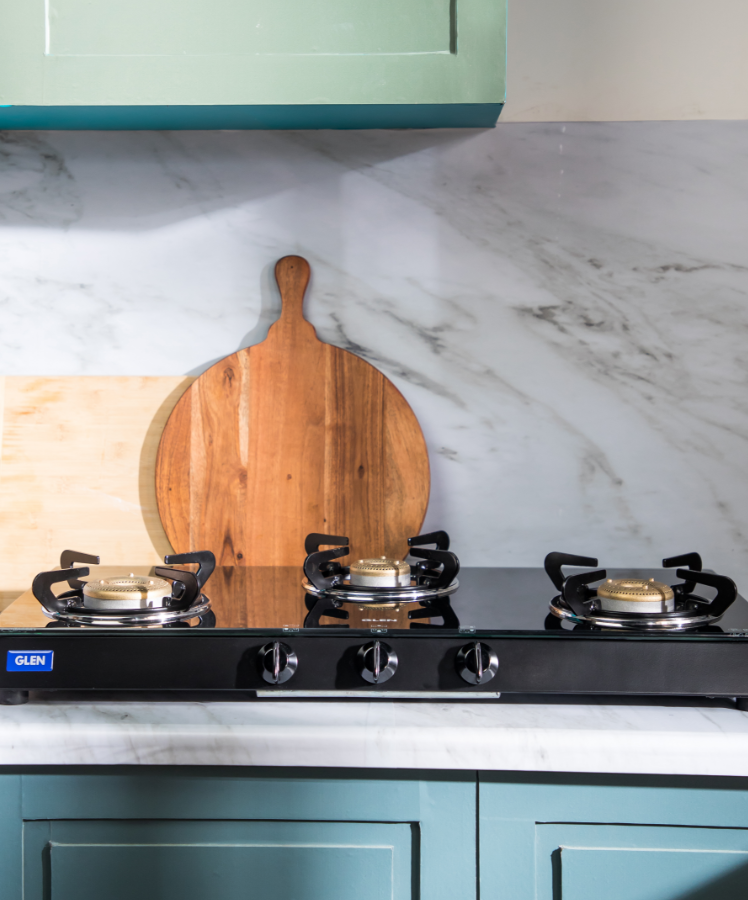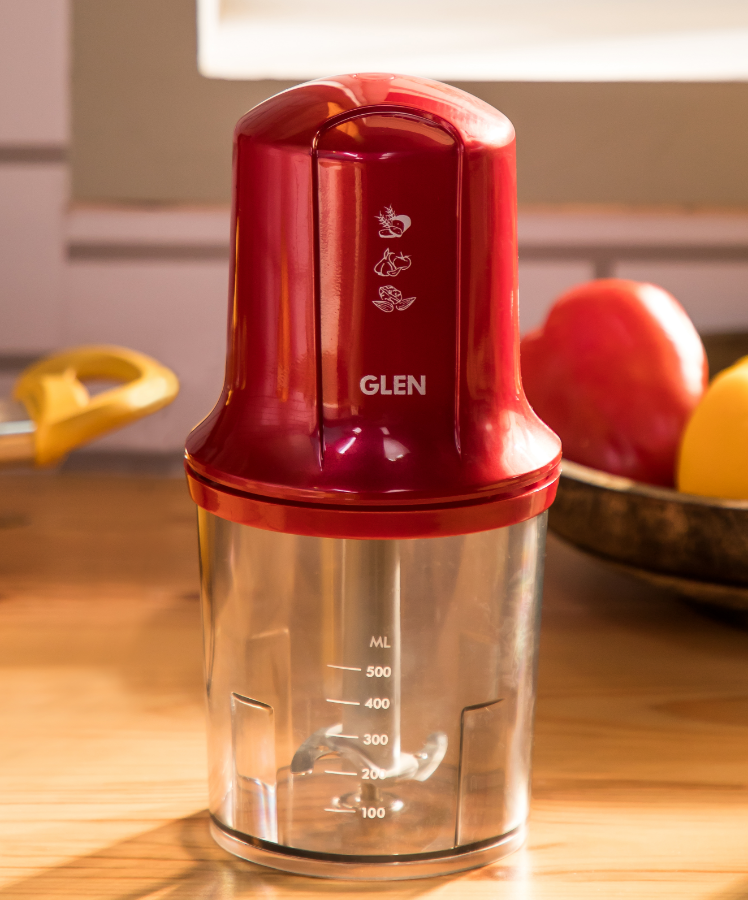Everyday 9am - 5:30pm

Cooking with Gas vs Induction - A Complete Comparison
In the kitchen, how you use the heat determines a lot about your experience. Gas cooking has long been home cooks’ go-to, because of its instant heat and portability.
But with modern technology, induction cooking is exploding with the convenience, security and efficiency of the method.
So, how do you choose?
Is the old-fashioned gas stove best, or induction? In this article, we’ll explain the advantages and disadvantages of each cooking technique, so you know which is right for your home and your cooking.
Gas Cooking - A Timeless Tradition 
Credits: Canva
Gas stoves have been a kitchen essential for decades. Gas is easy enough, and if you’ve cooked on gas for years, you might be quite used to the heat and flames. So why are gas cookers such a hit?
How Gas Cooking Works?
The gas stoves run on natural gas or propane, which heats your pots and pans. The flame can be set to different strengths so you have the freedom to decide how hot to make food. Whether you’re making sauces or grilling your meat, gas cooking is so versatile.
Advantages of Gas Cooking
- Instant Heat: It lights up instantly so you have instant heat control.
- Gas Stoves For High-Temperature Cooking: If you’re cooking in a way that requires you to be at high temperatures, gas stoves are ideal for you like grilling or stir-frying.
- Easy to operate and learn: The majority of domestic cooks have been used to gas stoves before.
Disadvantages of Gas Cooking
- Energy Loss: Most energy is expelled to the atmosphere so gas is not as efficient as other processes.
- Temperature Variation: This is not always easy to keep heat stable as the flame intensity on gas stoves can fluctuate.
- Cleaning Challenges: Gas Stoves are harder to clean as grease and food waste tend to get caught in the places that are difficult to reach.
Induction Cooking: The Modern Alternative
We’ll now look at a bit of induction cooking, which has become the new favorite for kitchens nowadays.
How Induction Cooking Works?
With induction cooktops, an electromagnetic field heats up the pan directly, instead of the open flame. The magnetic field is made by the cooktop and the cookware heats up — faster and cheaper than conventional methods.
Cooktop does not get hot, which is better for the burn risk and clean up.
Advantages of Induction Cooking
- High Energy Efficiency: Induction cooks at an astounding 97% efficiency — as much heat is transmitted to the pan itself. This reduces wasted energy.
- Greater Speed: Induction cooktops burn faster than gas or electric stoves and save you time in the kitchen.
- Control of Heat in a Real-Time Fashion: With instant and precise heat control, keeping temperature at constant levels is much easier with Induction.
- Safety: No open flame and cool-touch cooktop — induction cooking is safer than gas, especially if you have children or pets.
- Cleaning Ease: Because induction cooktops are not heated except below the cookware, messes don’t ignite on the surface, so cleaning is easy.
Disadvantages of Induction Cooking
- Cookware Compatible: Not all cookware is compatible with induction. You need to have something that’s magnetic (eg, stainless steel or cast iron) for it to work.
- Larger Initial Purchase Price: Induction cooktops are sometimes more expensive upfront than gas stoves. But their energy consumption can be a money-saver over time.
The Gap Between Gas And Induction - Which One Wins?

Credits: Canva
Here’s a brief list of differences between these two ways of cooking so you can easily see the differences:
|
Factor |
Gas Cooking |
Induction Cooking |
|
Energy Efficiency |
Less efficient (40-55% energy used) |
Highly efficient (90% energy used) |
|
Heat Speed |
Instant heat but slower than induction |
Heats up faster and more efficiently |
|
Temperature Control |
Less precise, can fluctuate |
Precise, instant heat control |
|
Safety |
Risks associated with open flame |
Safer with cool-to-the-touch cooktop |
|
Cleaning |
Difficult to clean (grease buildup) |
Easy to clean (no burnt food) |
|
Cooking Experience |
Great for high-heat cooking |
Best for precise, consistent cooking |
As you can see, induction cooking is tops in energy savings, time and accuracy. For many it is the more modern and convenient option, if you care about safety, cleaning, and faster cooking times.
Glen India - The Official Induction Cooktop Store for Your Home

If you’re pretty sure that induction cooking is what you need then Glen India has the awesome induction cooktops for all kinds of kitchens and budgets. Induction Cookers from Glen India have been designed with utmost quality and functionality.
These are some of the best induction cooktops from Glen India:
- Induction Stove with 8 Pre-Set Cooking Functions (SA 3073 IN): This induction stove has 8 cooking functions for different kinds of food like hotpot, roti, fry and soup. It offers 1600W of power and is intuitive to use, a great pick for those looking for some versatility and cooking convenience in the kitchen.
- Touch Control Induction Cooktop (SA 3081 IN) - 2000W induction cooktop, touch controls temperature with ease and integrated digital display. It’s ideal for someone who wants an intuitive but powerful cooker.
- Infrared Cooktop with 3 Pre-defined Cooking Options (SA-3075IR): It is the perfect cooktop for high efficiency and flexibility, as it can be set between 60°C and 300°C and its strong construction fits many different cookware.
Choose the Perfect One for Your Kitchen!
Gas or induction will always be a personal choice, and you have to decide what you like to cook, how you need to cook, and how you live. Induction cooking is not only efficient, fast, and precise as gas cooking is, but it is tradition’s innovation for high heat cooking.
You want something safer, more energy-efficient, and contemporary? Go with induction.
The point is that whichever way you go with, it’s just about a cooking system that’s right for you, your home, and your kitchen. You may opt for a gas or induction cooktop, they are both excellent, but the induction is slowly becoming the new norm in the home kitchen.














Leave a comment